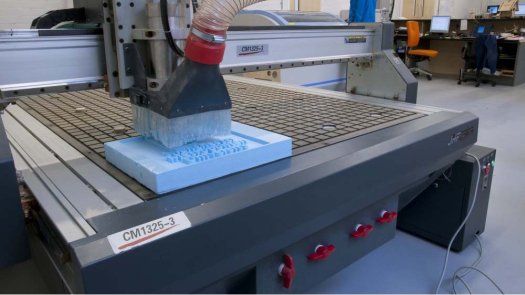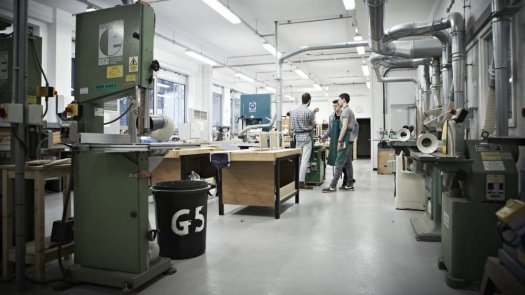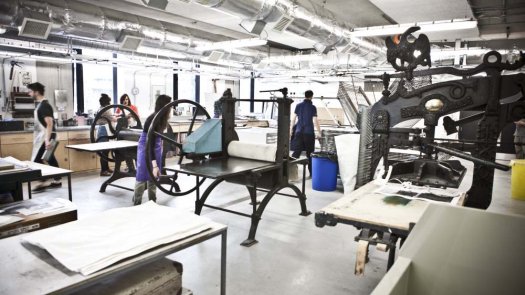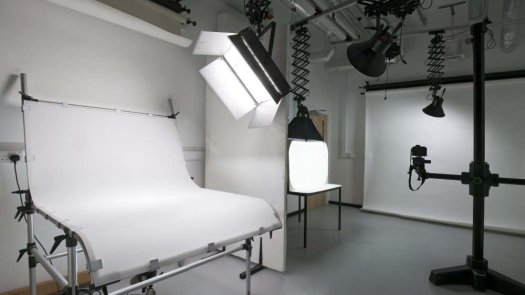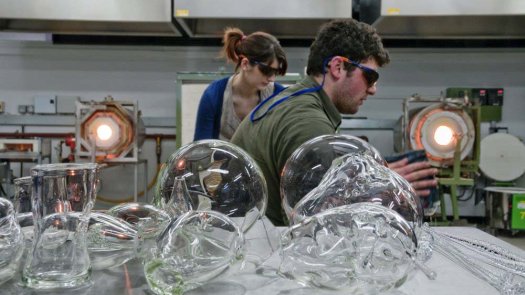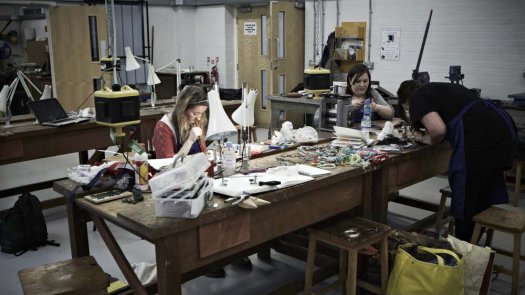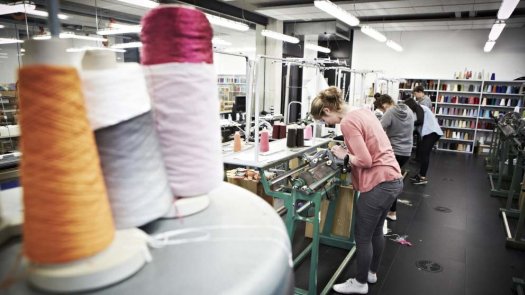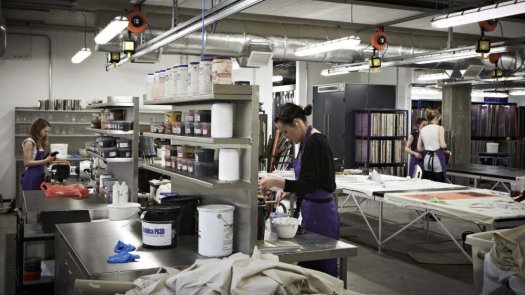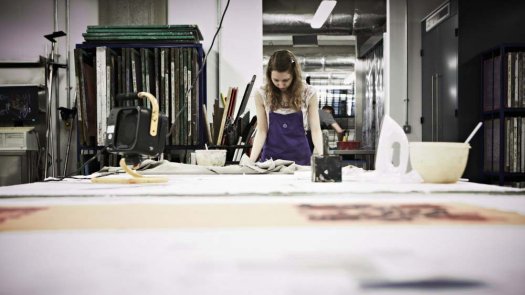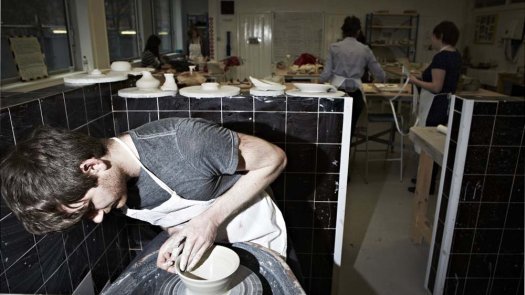Graphic Design and Art Direction
Graphic Design and Art Direction
MA in Graphic Design & Art Direction is designed for creative practitioners who wish to advance their knowledge, skills and specialism within the field of visual communication.
You will develop a practice-led investigation within this broader context, actively constructing a bespoke body of design knowledge which combines theory, practice, research, entrepreneurship and innovation from a wide range of creative activities.
You will be taught to question and expand your creative thinking and generic design process by developing your analytical skills; engaging in critical dialogues; working independently, collaboratively and across disciplines; and experimenting in a range of directions before delivering professional and innovative outcomes to defined audiences with confidence. All creative activities are supported by strategic thinking and robust methodologies, and informed by practice-led research.
This programme aims to develop a deeper understanding and fuel a personal obsession with the visual communication of ideas, continually asking: What is possible within the visual realm of text and image?
Features
- —While studying towards a particular qualification at MA level, students experience their subject in the broader context of contemporary design practice.
- —Dedicated spaces have been developed to enable the postgraduate community to flourish. These spaces, for thinking and practice, are located centrally within Manchester School of Art, allowing easy access to an extensive range of workshops where the combination of traditional and state of the art equipment opens up a world of exciting possibilities.
- —You will be taught by research active staff who are part of the Manchester School of Art Research Centre and experts in their field.
- —The University library has outstanding Art and Design holdings, including a special collection of artist's books and ephemera.
Course Content
Year 1 (MA Full-Time)
The MA in Graphic Design and Art Direction is composed of five units, totalling 180 credits.
Design Practice: Graphic Behaviours
30 credits
30 credits
30 credits
Art & Design: Culture & Context (MA:X)
30 credits
Design Thinking
This module introduces an applied understanding of how design can be used as an iterative process for creative problem solving. It will enable you to understand how to apply design thinking processes to your specialist area through understanding users, challenging assumptions, redefining problems and creating innovative solutions to prototype and test. The module will also provide a broad introduction to research methodologies, strategic research planning and research design. A range of design thinking tools will be introduced and explored before you undertake an in-depth project that provides opportunities for experimentation leading to innovative solutions.
Design Practice: Graphic Behaviours
The first part of this module is intended to acclimatise you to the challenges of MA level research and practice, enabling you to identify and describe a clear direction for your postgraduate design study. The second part involves developing your individual design proposals and establishing the context for Design Practice 2. Through the use of projects, you will examine a range of graphic behaviours in relation to a defined ‘host’ project. Practice-led research focusing on analysis, experimentation and delivery of project solutions, underpinned with ongoing self-evaluation.
Message / Audience / Context
This module is concerned with the development and production of a body of work realising your individual creative ambition within the fields of graphic design and art direction and illustration. The work will expand on the research and development undertaken during the graphic behaviours modules. You will be encouraged to collaborate with peers, external partners and virtual communities and expose your work to critical appraisal. You will prototype, finesse and resolve projects which deliver strategic messages to defined audiences.
Synthesis Project: Graphic Design & Art Direction
The synthesis final MA module will support you to develop, resolve and present a significant body of work, located within the field of graphic design and art direction. The module accommodates opportunities for collaborative, industry based or international learning experiences, and enables you to undertake and submit work developed within professional placements and/or live projects
The module synthesises specialist design practice which you will have developed throughout the programme. The module accommodates the opportunity to present your work in progress and to engage in interdisciplinary critiques to test ideas, gain feedback and support the development of your final body of work.
The content of your practice is negotiated with specialist staff and you will manage your learning via the development of a synthesis project proposal. The module features a flexible assessment submission process which combines written and practical elements, the weighting of which being responsive and appropriate to your individual future ambitions, be they professionally or academically focussed.
Art & Design: Culture & Context (MA:X)
This module offers focussed opportunity for students to extend and enhance their practice by including working in a wider design research community. The study of the cultural and critical contexts of design practice is vital to any student of the creative disciplines, this module will develop Master’s students’ abilities to contextualise their practice through a series of themes addressing contemporary issue in design.
Resources
We have developed a dedicated postgraduate area occupying an entire floor of the main School of Art building, offering an exciting space to be, both intellectually and practically. The centre is located in the Chatham Tower with studios, design laboratories, seminar rooms and extensive workshops that form the nucleus of this vibrant, cross-disciplinary learning environment.
Find out more about Manchester School of Art's facilities.
Student Work
Visit our online MA Show galleries to see examples of recent work by our postgraduate students.
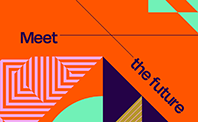

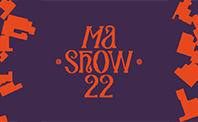
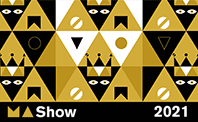
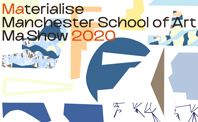

Graduates
We cultivate highly motivated, independent and creative thinkers who can transfer their skills into the creative marketplace, as entrepreneurial innovators, freelance practitioners and innovative team players. Past graduates predominantly achieve graduate-level positions or practise as sole traders, design studio artists, exhibiting artists, museum curators, archivists, researchers, academics, community practitioners, specialist technicians and filmmakers at national and international levels.
Making an Application
Entry Requirements
You will normally have a minimum 2:2 UK undergraduate honours degree (or equivalent) in a related subject and must submit a portfolio. We may request an interview as part of the application process, which can be in person or online.
Overseas applicants will require IELTS with an overall score of 6.5 and no less than 5.5 in any category, or an equivalent accepted English qualification.
How to Apply
Please apply online using the link below. In your personal statement please include a web address to an online portfolio containing a selection of images or videos of your past work. You should also explain how you would like to develop your practice during the course.
Fees 2025 Entry
UK and Channel Island students
Full-time fee: £12,000 per year. Tuition fees will remain the same for each year of your course providing you complete it in the normal timeframe (no repeat years or breaks in study).
Part-time fee: £2000 per 30 credits studied. The fee per credit will remain the same for each year of your course providing you complete it in the normal timeframe (eg no repeat years or breaks in study). The total amount you pay each year may differ based on the number of credits studied.
Find out about the extra support we may be able to provide with our scholarships for UK students.
EU and non-EU international students
Full-time fee: £22,000 per year. Tuition fees will remain the same for each year of your course providing you complete it in the normal timeframe (no repeat years or breaks in study).
Part-time fee: £3667 per 30 credits studied. The fee per credit will remain the same for each year of your course providing you complete it in the normal timeframe (eg no repeat years or breaks in study). The total amount you pay each year may differ based on the number of credits studied.
You may be eligible for a discount on your tuition fees or help with the cost of studying. Visit our scholarships and funding pages to find out more.
Additional information
A masters qualification typically comprises 180 credits, a PGDip 120 credits, a PGCert 60 credits, and an MFA 300 credits. Tuition fees will remain the same for each year of study provided the course is completed in the normal timeframe (no repeat years or breaks in study).
Eligible alumni receive a 20% discount on their postgraduate tuition fees. Find out more about our Alumni Loyalty Discount.



